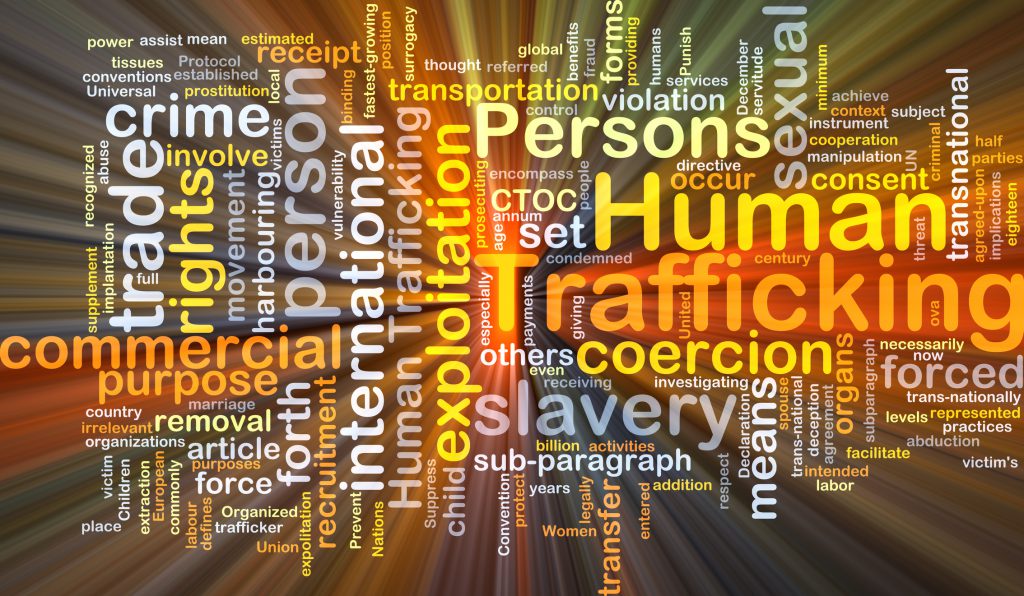Proposed changes to Australia’s Modern Slavery Act could affect your business. Here’s what you need to know.

What is modern slavery?
The definition of ‘modern slavery’ in the Act is highly technical, but in layman’s terms modern slavery is where a person uses coercion, threats or deception to exploit victims and undermine their freedom. Some examples of modern slavery include:
- Human trafficking
- Forced labour
- Child labour
- Debt bondage
- Forced marriage
The practice of human trafficking will be familiar to many in Australia, but other real-world examples include the exploitation of migrant workers in the Gulf States, sweatshop workers in India and Asia and child labourers and soldiers in parts of Africa.
It is estimated that approximately 40.3 million people worldwide live in modern slavery. Australia is not an exception, with an estimated 1900 people living in modern slavery in industries as varied as agriculture, hospitality and construction, according to Anti-Slavery Australia.
How are the laws changing?
A range of changes have been proposed to the Modern Slavery Act, including:
- Introducing penalties for non-compliance with statutory reporting requirements
- Lowering the reporting threshold from $100 million to $50m
- Requiring entities to report on modern slavery incidents or risks
- Amending the Act to require entities to have a due diligence system in place
- Strengthening the administration of the Act through proposed legislative amendments and expanded administrative guidance
On June 11, an amendment came into effect to establish an Australian Anti-Slavery Commissioner as an independent statutory office holder within the Attorney-General’s portfolio. This role would provide an independent mechanism for victims and survivors, business and civil society to engage on issues and strategies to address modern slavery.
The remaining proposed changes have yet to pass Parliament.

Other Resources:
Dame Sara Thornton, former UK Anti-Slavery Commissioner will be speaking at a public lecture.
The role of the Anti-Slavery Commissioner - an opportunity to make a difference?
Date: Wednesday, September 25, 2025 from 5:30pm - 7:00pm AWST
Venue: University of Western Australia: Wesfarmers Lecture Theatre
Register here
How does this apply to my business?
You need to be aware of your obligations under the Act, but specifically if your business:
- Operates within the supply chains of large companies; and
- Uses materials or labour from overseas sources.
To ensure you’re adhering to the law, it’s advised that you create a Modern Slavery Policy to ensure you comply with your obligations to your head contractor.
This policy can include:
- Expressing prohibitions against the use of forced, compulsory or trafficked labour;
- Applying the policy to all persons working for or on behalf of your business (including agents, volunteers, external consultants and business partners);
- Appointing a Compliance Manager to monitor and consult with suppliers, contractors and business partners to identify risks of modern slavery practices; and
- Whistleblower protections to cover and encourage workers to speak out if they see or suspect modern slavery practices are occurring.
How can businesses prepare?
It is important for all businesses to note that even if they are not earning $100m a year in revenue, they must still be aware of the Act and their obligations under it.
If a smaller business is a supplier or contractor to a larger business, they will still need, as a minimum, a modern slavery policy and a detailed understanding of their supply chains.
Businesses can prepare by:
- Reviewing or updating your modern slavery policy;
- Draft or review your modern slavery reporting templates;
- Map out your supply chains and identify risks;
- Conduct due diligence on modern slavery risks;
- Develop remediation processes and monitor effectiveness;
- If risks are too great, consider the possibility of changing suppliers; and
- If you need to change suppliers, review your contracts to determine how you can terminate them.
Want advice on this or other commercial legal matters? Get in touch on (08) 9365 7746 or via [email protected].
This article is authorised by Business Law WA, an incorporated legal practice and wholly owned subsidiary of CCIWA. The contents of this article is general in nature and is not legal or professional advice and should not be relied upon as such.









